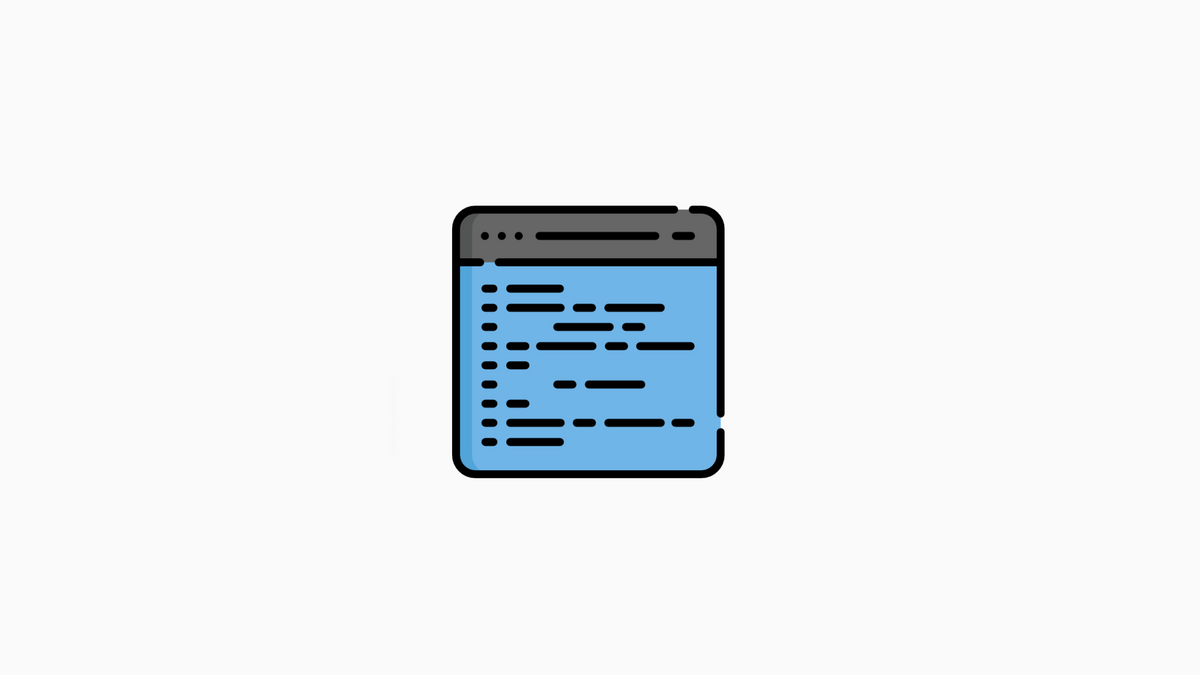How to Achieve Clean Code

In software development, every programmer must have a few essential skills. One of these skills is the ability to write clean code.
Clean code is code that is easy to read and understand. It is well-organized and well-written. When looking at clean code, you should quickly realize what it does and how it works.
There are a few key principles that make up clean code. These principles include simplicity, clarity, brevity, and consistency. When you write your code, you should keep these principles in mind. This will help make your code cleaner and easier to read.
If you’re new to programming or not familiar with the concept of clean code, don’t worry! There are plenty of online resources that can help you learn more about it.
How to Achieve Clean Code
The benefits of clean code are well documented and well understood. But achieving clean code can be a challenge. So here are some tips and techniques to help you achieve clean code:
- Keep your code simple and concise. Don’t write more code than you need to solve the problem.
- Use proper naming conventions for variables, functions, and classes. This will help make your code more readable and easier to understand.
- Use comments to explain your code, but keep them brief and to the point.
- logically structure your code to be easy to follow and maintain.
- Avoid using complex conditional statements and loops whenever possible.
- Use existing libraries and frameworks whenever possible, rather than writing your code from scratch.
Benefits of Clean Code
Clean code is essential because it makes your codebase more maintainable. This means that when you come back to a project after a break, you’ll be able to understand what’s going on more quickly.
Additionally, clean code makes it easier for other developers to contribute to your project. They won’t have to spend as much time figuring out how things work, which means they can get up to speed faster and contribute more effectively.
Finally, clean code is just nicer to work with. It’s less cluttered and more organized, making development more straightforward and enjoyable.
The Bottom Line
Having clean code is important because it makes the code easier to read and understand, which leads to fewer errors and a more efficient codebase.
This, in turn, makes the software easier to maintain and update. Here are five key takeaways to remember about clean code:
- Use meaningful variable and function names.
- Organize your code into modules and functions.
- Keep your code concise and easy to read.
- Avoid using global variables.
- Follow the established coding conventions in your programming language.